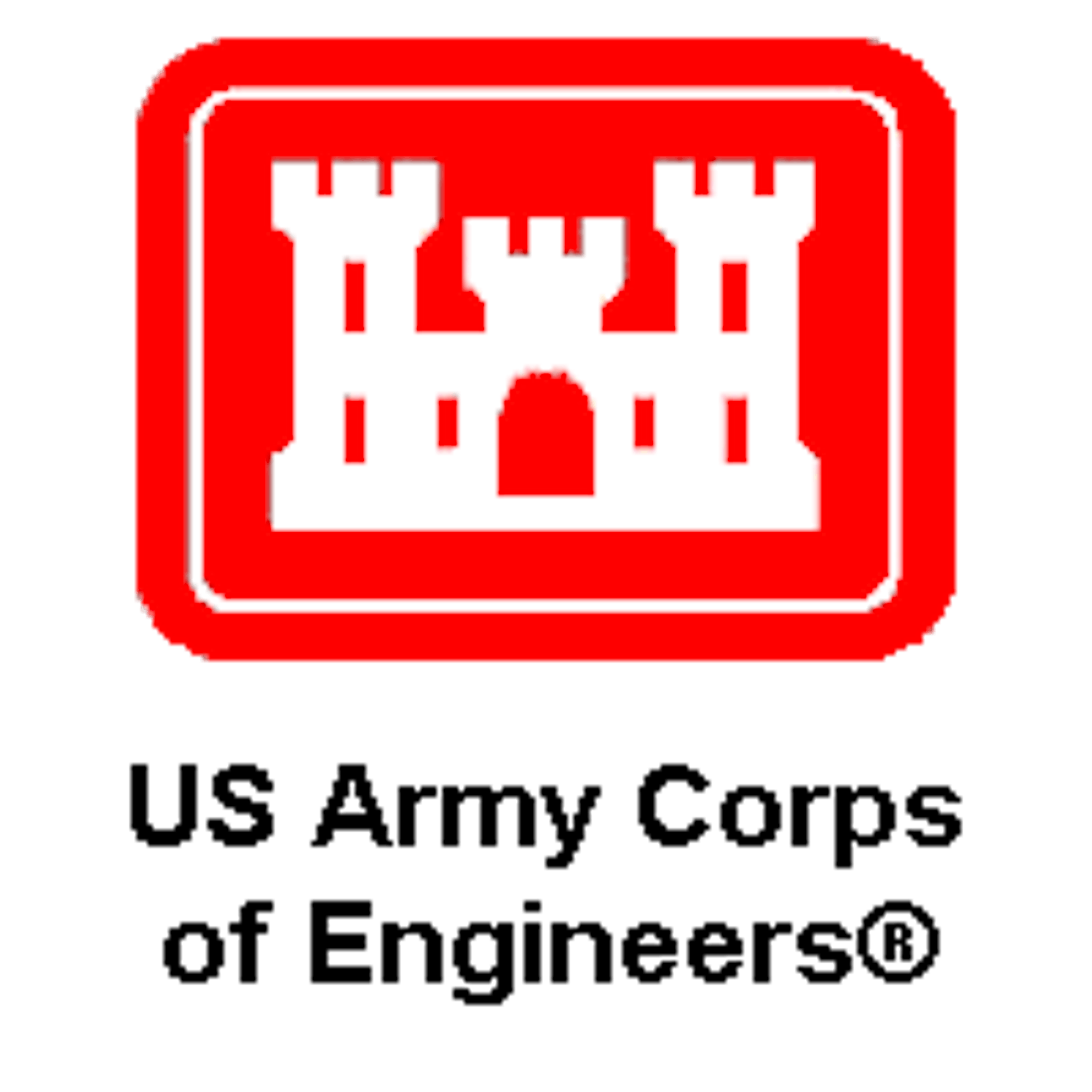
The U.S. Army Corps of Engineers: An Evaluation of the Project Partnership Agreement Process
Project Partnership Agreements (PPAs) are legally binding agreements entered into by the Department of the Army and nonfederal sponsors, setting forth the terms and conditions for cost sharing and construction of a project or a separable element of a project. Pursuant to congressional direction in the Water Resources Reform and Development Act of 2014 (WRRDA), the USACE contracted with the National Academy of Public Administration (the Academy) to conduct a comprehensive evaluation of the PPA process, including suggested modifications to the process provided by nonfederal interests and recommendations to improve the PPA template and process.
Click the button below to view the View Study Report.
View ReportKey Findings
In summary, the Panel found that the USACE has undertaken significant efforts to improve the PPA process in recent years, issuing standardized model agreements and guidance. There are currently twenty-eight PPA models. Many of these models include optional provisions that provide districts with the flexibility to address needed changes to the models during their negotiations with nonfederal sponsors. The availability of models and options has facilitated the delegation of decisionmaking authority to the division level by ensuring consistent PPA preparation and negotiation by district offices and review and approval by division offices in compliance with statute and policy. This delegation has expedited PPA execution. The new, updated models also help sponsors understand the requirements for partnering with the USACE.
Recommendations
The Panel identified actions that the USACE and ASA (CW) could take to advance their ongoing reforms of the PPA process and strengthen relationships with nonfederal sponsors. The Panel’s recommendations focus on the following actions, many of which nonfederal sponsors and USACE staff suggested:
- Implement risk-based roles and performance expectations for organizations and individuals.
- Increase delegation and update and clarify guidance.
- Provide greater flexibility for sponsor-requested deviations to standard model agreements.
- Develop more uniform mechanisms to assist district offices and sponsors to address complex and unique project requirements
- Implement consistent milestones and tracking to monitor PPAs, evaluate performance and the impact of reforms, and use information to improve the process and transparency.
- Expand engagement with sponsors
